What if the wisdom of indigenous people could save our planet? And what if the list of candidates was all female?
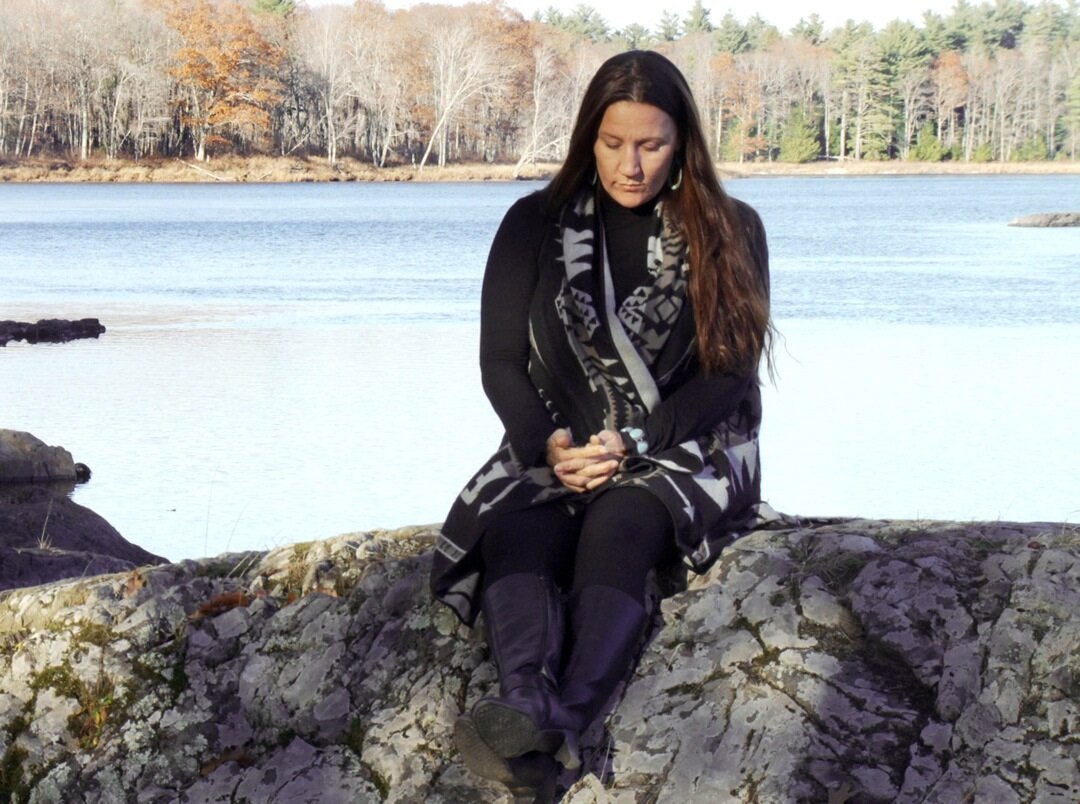
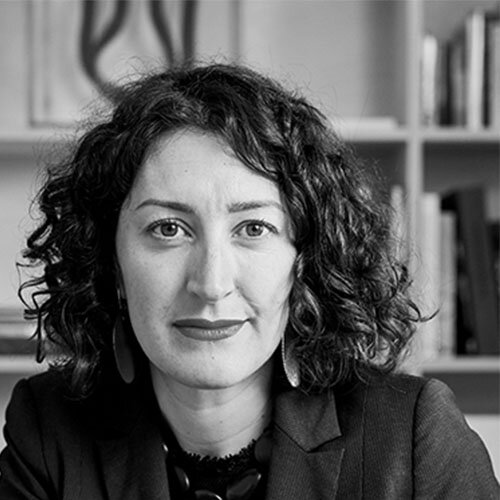
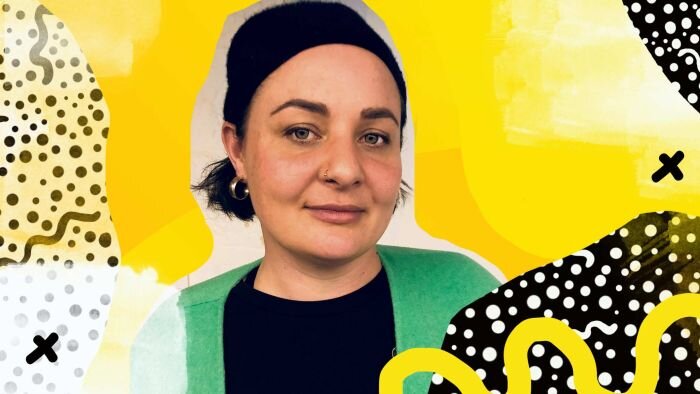
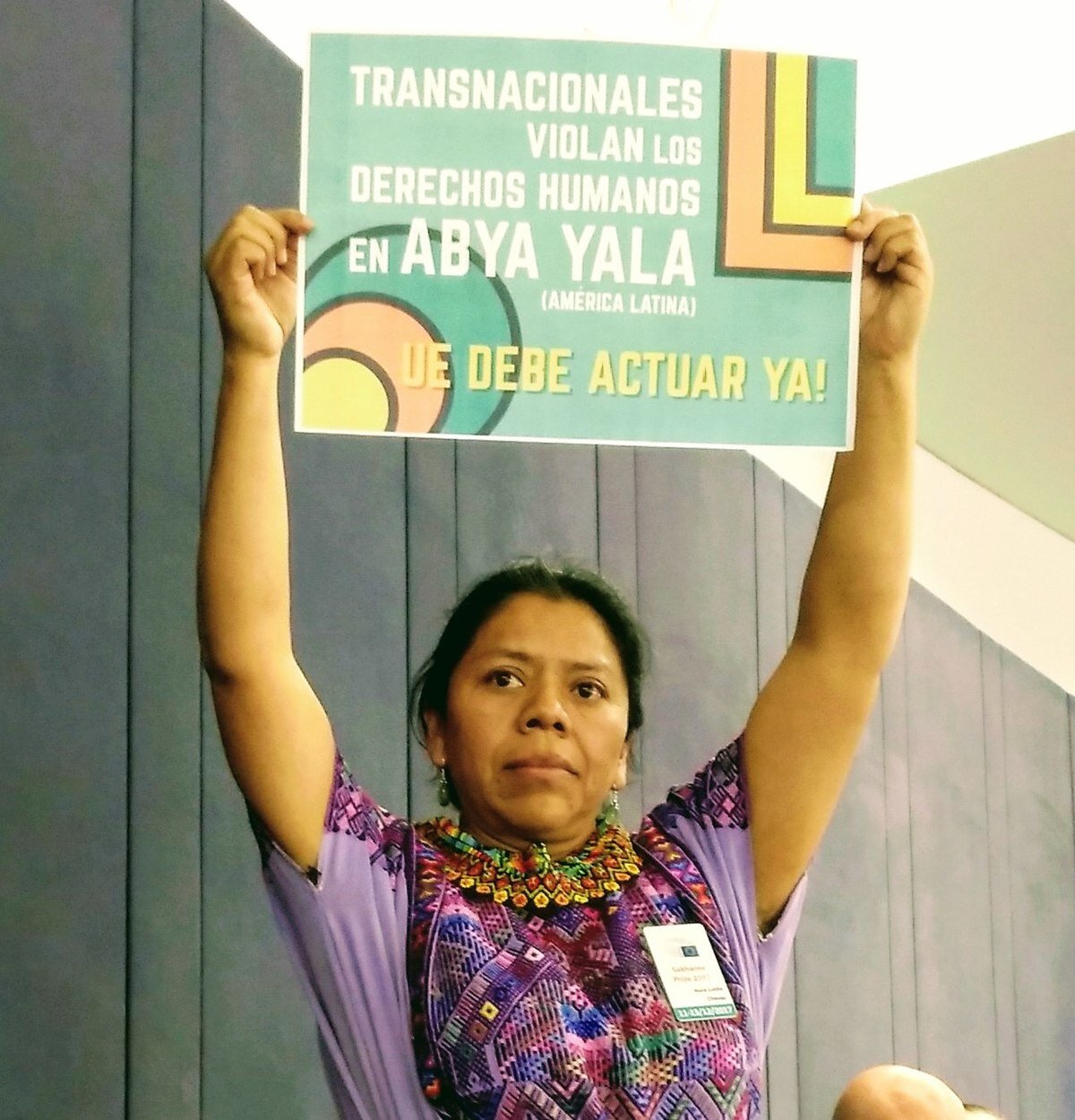
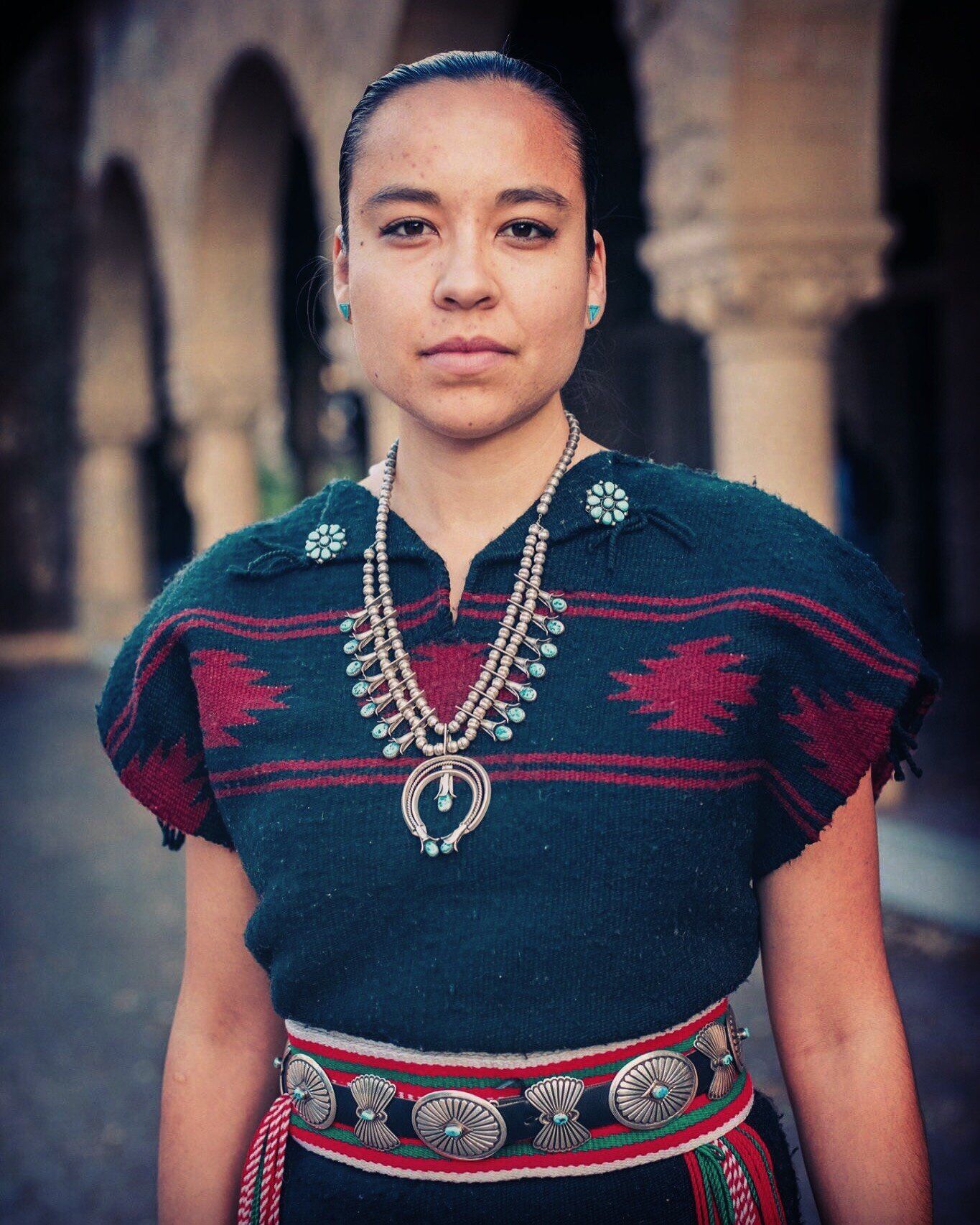

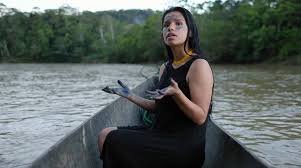
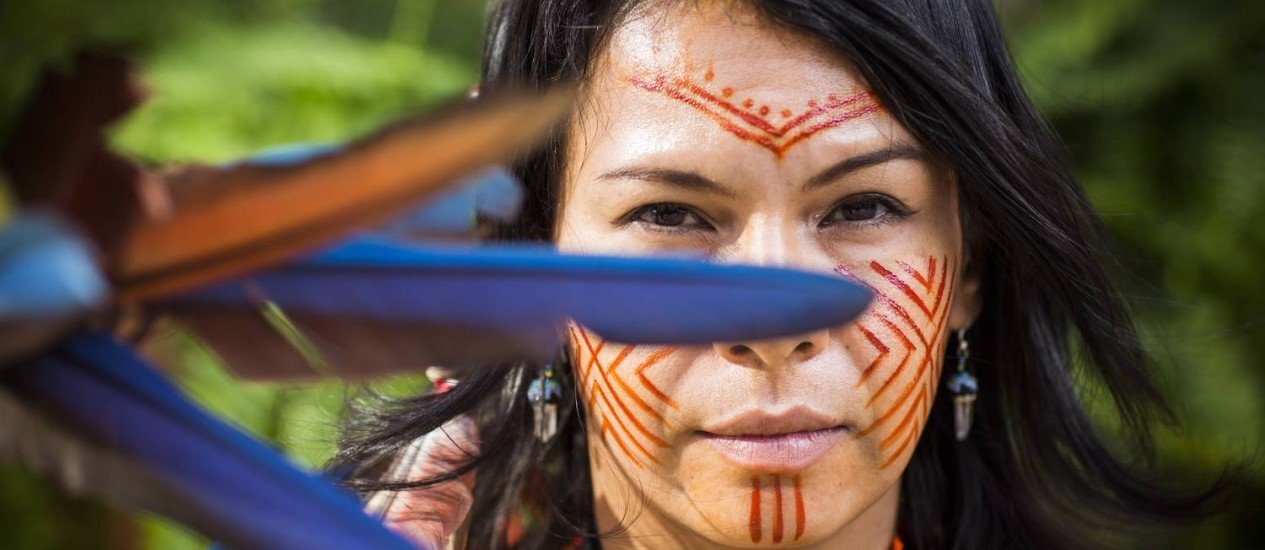
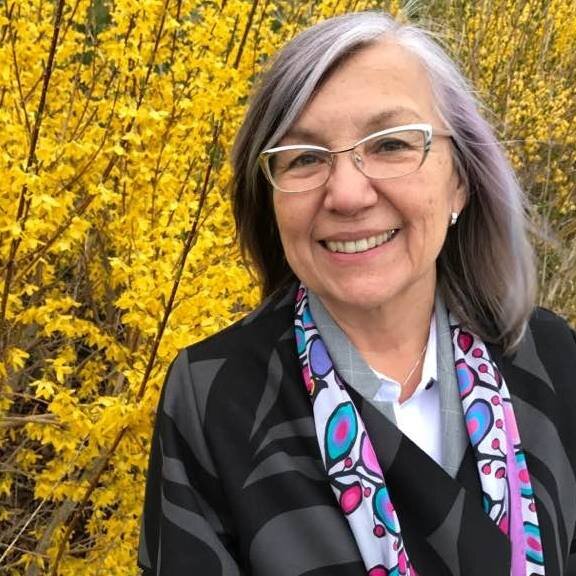
It was a great question, asked by one of our great allies Rob Hopkins on Twitter (see embed to the side). From a slow start, we have been turning our attention on the D.A. to the power of indigenous knowing - their epistemology and ontology, to use the Western words - as a vital input to the urgent calls for zero-to-negative-carbon living (explored elsewhere in this week’s blogs).
Tyson Junkaporta’s Sand Talk (covered on this A/UK blog here) is an extraordinary meeting of frameworks - aboriginal knowledge interleaving with systems/complexity thinking - and the “hive mind” responses to Rob’s request has served up another amazing list.
We’re looking forward to Rob’s podcast show… but in the spirit of commoning, we thought we’d investigate and profile some of his options. (Please read down the original thread for the addresses of the ‘hive mind’, and see the slide show above for pictures):
Sherri Mitchell was born and raised on the Penobscot Indian reservation (Penawahpskek) in the US. From her About page: “She speaks and teaches around the world on issues of Indigenous rights, environmental justice, and spiritual change. Her broad base of knowledge (as a laywer and activist) allows her to synthesize many subjects into a cohesive whole, weaving together a multitude of complex issues and articulating them in a way that both satisfies the mind and heals the heart.” (See also this YouTube interview).
Angie Abdilla from the Australian indigenous design and digital consultancy Old Ways, New (website, twitter). She is a Palawa woman working on “Country-centred-design”. Old Ways, New is involved in some startling research - for example, their contribution to this set of essays about “Indigenous Protocol and Artificial Intelligence”, bringing Australian tribal perspectives to the ethics question in AI.
From the same part of the world, Jessica Johnson is the founder of the creative agency Nangala Creative (website, Twitter). She is “a proud Warumangu / Wombaya woman”, whose work edges on Indigenous Futurism.
Aura Lolita Chavez Ixcaquic, known as Lolita, is a human rights activist in Guatemala. She is a member of the Council of the Ki’che Populations (CPK), an organization founded in 2007, to face the consequences of the free trade agreement between the Dominican Republic and Central America. Lolita and her group strive to safeguard the natural resources and human rights against the expansion of the mining, logging, hydro-electric and farming industries in the land.
Lyla June. From her About page: “Lyla June is an Indigenous environmental scientist, doctoral student, educator, community organizer and musician of Diné (Navajo), Tsétsêhéstâhese (Cheyenne) and European lineages from Taos, New Mexico. Her dynamic, multi-genre performance and speech style has invigorated and inspired audiences across the globe towards personal, collective and ecological healing. Her messages focus on the climate crisis, Indigenous rights, supporting youth, inter-cultural healing, historical trauma and traditional land stewardship practices.”
Robin Wall Kimmerer “straddles, brilliantly, the world of her scientific training and her Potawatomi heritage” [says the hive mind]. From a Guardian interview: “an enrolled member of the Citizen Potawatomi Nation… Kimmerer’s new book is the remarkable, wise and potentially paradigm-shifting Braiding Sweetgrass: Indigenous Wisdom, Scientific Knowledge, and the Teachings of Plants… which speaks of the ‘grammar of animacy’. This means viewing nature not as a resource but like an elder “relative” – to recognise kinship with plants, mountains and lakes. The idea, rooted in indigenous language and philosophy (where a natural being isn’t regarded as ‘it’ but as kin) holds affinities with the emerging rights-of-nature movement, which seeks legal personhood as a means of conservation. Kimmerer understands her work to be the ‘long game’ of creating the ‘cultural underpinnings’”.
Nina Gualinga “has spent most of her life working to protect the nature and communities of the Ecuadorian Amazon. At 18, she represented indigenous youth before the Inter-American Court of Human Rights, helping to win a landmark case against the Ecuadorian government for allowing oil drilling on indigenous lands. She now advocates on the international stage for indigenous rights and a fossil fuel-free economy. Gualinga recently received the WWF International President’s Youth Award, which acknowledges outstanding achievements by conservationists under the age of 30”. Interview, Twitter.
Daiara Tukano (Facebook, Instagram) of the Tukano indigenous nation of the Upper Rio Negro, is an indigenous activist and artist. More: “With a Masters Degree in human rights at the University of Brasilia, she is a researcher on the right to memory and truth of indigenous peoples. She is an independent communicator and coordinator of Radio Yandê, the first indigenous web-radio in Brazil. In her line of work, Daiara has surveyed the current indigenous panorama to build alliances to encourage the creation of strategies that can contribute to the protection of mother nature, cultural diversity and human rights across the vast region of the Amazonas.”
Marie Battiste. From Goodreads: “Marie Battiste is a Mi’kmaq from Unama’kik (Cape Brenton, Nova Scotia), and a graduate of Harvard and Stanford. She is a professor in the Department of Educational Foundations, and Academic Director or the Aboriginal Education Research Centre, both at the University of Saskatchewan, and a United Nations technical expert on the guidelines for protecting Indigenous heritage. She is the editor of several books including First Nations Education in Canada and Reclaiming Indigenous Voice and Vision.”
Check out more people on Rob’s twitter thread.
